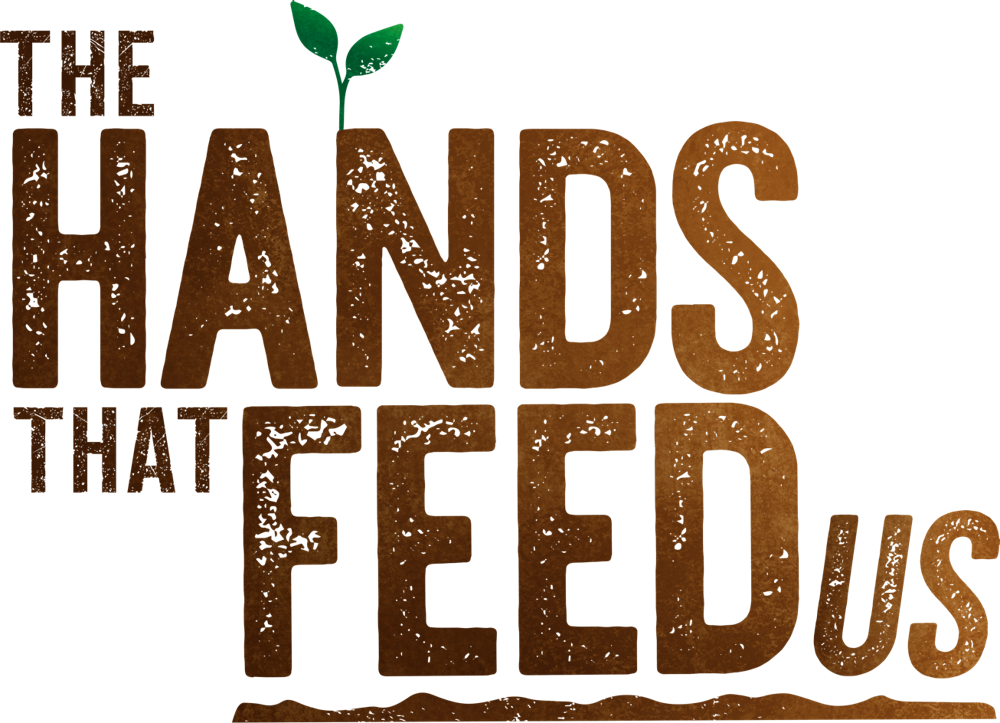Your local farmer isn’t on salary
One of the things that shocked me when I started thinking about the business of farming is that many farmers don’t pay themselves on a regular basis. If the farm makes money — great; if it doesn’t — oh well, I can pay myself next year.
This phenomenon makes it difficult to truly compare farming to other businesses. Farming is the only business that I’m aware of where profits are calculated before the people working on the business get paid.
This issue showed up in my research when I read a truly dismal report from 2005, from the National Farmers Union entitled The Farm Crisis & Corporate Profits. The report estimates that, if farmers were properly paid, the industry “profits” would have been $5.57 billion lower. This was more than the total industry profits reported that year — meaning the industry would have lost money overall if farmers had been paid properly.
I’ve written a blog post about this issue for the official The Hands that Feed Us blog (by the way — we have a blog!):
It was normal for farmers to live off whatever they could get for their crops, and the idea of being paid a regular amount as a salary simply wasn’t realistic.
Deep Cut Film Festival: The Hands that Feed Us: Amara Farm is screening in Kitchener
I am proud to announce that The Hands that Feed Us: Amara Farm will be having its third festival screening in Kitchener, Ontario as part of the Deep Cut Film Festival on July 14th. Full day passes to the festival are available for the ridiculously cheap price of $20, and individual screenings are by donation / pay what you can.

Seeking a board member with advocacy campaign experience: The Hands that Feed Us is becoming a non-profit
The Hands that Feed Us is hiring! Well … kind of. Right now, I am a 100% volunteer organization with an ambitious plan. But what I’d like to be able to say is this: “We are a non-profit organization carrying out an effective plan.” In other words, it’s time for me to stop working on this alone. I’ve been thinking about going the non-profit route for a while now, and it’s time to make it a reality.
Why non-profit? Because if you think there’s a for-profit business model in hybrid documentary / social issue campaigns, you’re crazy. Less flippantly, because for-profit entertainment and social issue campaigns are uneasy partners. There is tension between the entertainer’s need to seek attention, and the advocate’s need to seek truth. The Hands that Feed Us is about advocacy first and entertainment second, and being a non-profit is a way of expressing that priority. It guarantees to our funders and to our audience that the project is about more than just grabbing attention.
With that decided, the next step is to find the people who can push the project forward. Right now, I am envisioning a five-person board: Two filmmakers, two farmers, and one advocate. I tentatively believe I know who the filmmakers and the farmers are (though I would gladly accept additional suggestions). I have no idea who the advocate is.
So, I’m hiring: I’m looking for an advocate: Someone who has experience running social impact campaigns, and who can advise and help us devise a strategy that can help change the economic situation that farmers find themselves in. Someone who knows how to find the people with the power to change things, and who knows how to reach those people with our message.
I am seeking a non-profit board member; this is a volunteer, advisory role, with a commitment to monthly or bi-monthly meetings, ideally for a term of about three years, which is the expected lifetime of the project.
Interested candidates (or suggestions for potential candidates) should contact me by e-mail: devon@thehandsthatfeedus.ca.
What’s next?
Next month, I have three objectives:
- The search for subjects: It’s time to find the farmers whose stories are told in of the film. Right now, I’m envisioning at least three main characters that cover the major differences in economic circumstances that I’ve found:
- A farmer who has lived through the worst of the farm crisis. Ideally, a grain farmer who knows how difficult commodity farming can be, and who can speak first-hand to life before and after the Canadian Wheat Board.
- A dairy farmer who works under supply management. Likely Québecois, and who can express both how supply management has helped them economically, and also how the system can become insular.
- A young farmer who sells direct to consumer, or through “alternate” supply chains (i.e. CSAs & Farmers’ Markets). Likely, but not necessarily an organic farmer.
- Our non-profit needs to be launched. We need to find and confirm our board members, and file the paperwork to formally incorporate our non-profit.
- Pitch the next step of the project: Telus StoryHive will be announcing it’s next funding opportunity shortly, which is the StoryHive Documentary Edition! This edition is offering $50,000 grants for B.C. and Alberta-based documentaries. This is a great opportunity to make a project that can generate footage and connections for The Hands that Feed Us. I’ve decided to pitch a project about the history of The Canadian Wheat Board, which played a significant role in making farming economically feasible on the prairies, especially in the 30’s to 70’s. I expect will be a significant plotline in The Hands that Feed Us. The goal will be to film footage that can be used in both The Hands that Feed Us and the project we with to StoryHive.
How can I help?
- Know someone with advocacy or campaign experience who is passionate about farming? Tell them about our search for board members.
- Know a grain farmer? Or a dairy farmer? Or an organic farmer? Think they’d make a good subject for our film? Put them in touch.
- Know someone in Ontario, near Kitchener, who you think should know about our project? Invite them to our screening in Kitchener on July 14th.
